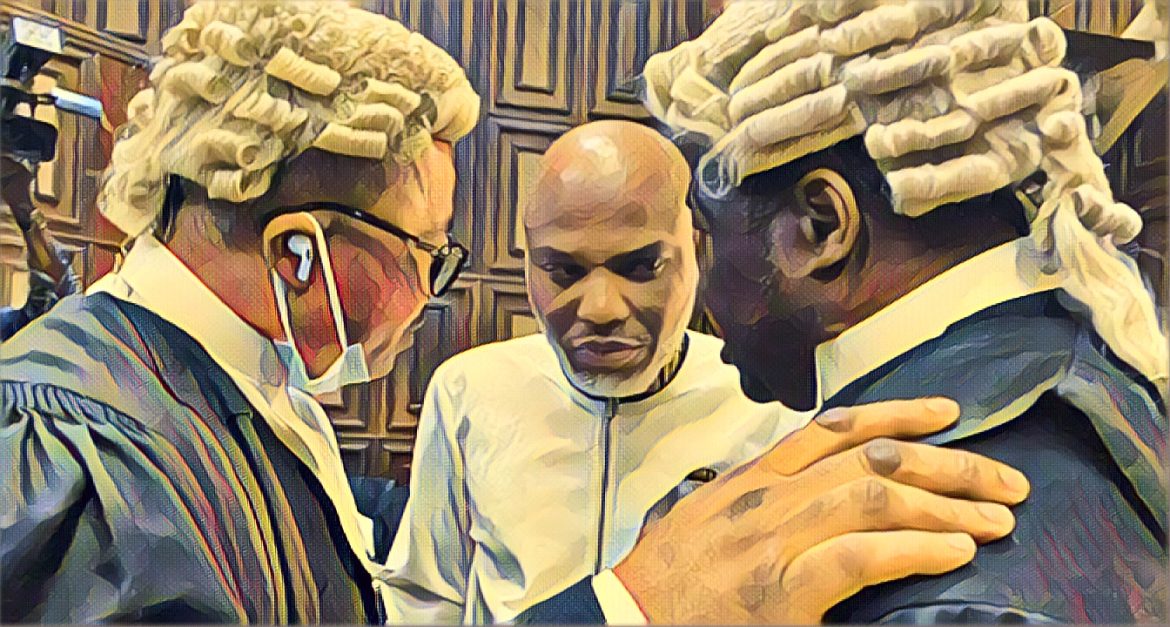A Nigerian appeals court has upheld a lower court ruling in a case concerning the unlawful arrest and detention of Felix Okonkwo, a lawyer for pro-Biafra separatist leader Nnamdi Kanu.
Background of the Case
Okonkwo, alongside Ikenna Chibuike and Okafor Ugochukwu, filed a fundamental human rights lawsuit against the Nigerian Police Force and the Department of State Services (DSS) in September 2021. The trio alleged that they were arrested and detained unlawfully on September 27, 2021. They further claimed they were subjected to torture, harassment, and intimidation while in police custody.
In a judgment delivered on March 24, 2022, Justice Samaila Bature of the High Court of the Federal Capital Territory, Abuja, ruled in favor of the appellants on the charges against the police. The court found the police liable for the unlawful arrest and detention and imposed a fine of N2 million (approximately $4,700 USD in 2024) to be paid as damages to the appellants.
The court, however, did not find sufficient evidence to hold the DSS culpable as the appellants failed to establish a cause of action against the agency.
Appeal and Subsequent Dismissal
Dissatisfied with the amount awarded as compensation, the appellants approached the Court of Appeal, arguing that the N2 million fine was insufficient. Additionally, they contested the court’s decision to absolve the DSS of wrongdoing.
In a judgment delivered on Monday, Justice Okon Abang of the Court of Appeal dismissed the appeal for lack of merit.
Justice Abang concurred with the lower court’s ruling that the appellants failed to demonstrate a miscarriage of justice in the initial judgment. He further pointed out that video footage presented as evidence by the appellants during the trial showed no presence of DSS operatives at the scene of the arrest in Anambra State.
On the issue of damages, Justice Abang emphasized that awarding compensation is at the discretion of the presiding judge and cannot be dictated by plaintiffs or appellants. While acknowledging the appellants’ argument that the N2 million was inadequate, he maintained that the lower court’s decision was justified based on the specific circumstances of the case.
“In my opinion and going by the peculiar facts and circumstances of this case, the N2 million compensation to the appellants was properly awarded.
“I cannot fault the award because the appellant did not give any good reason for them to have been awarded a much higher amount.
“In the final analysis, the appeal lacks merit, and it is accordingly dismissed. The decision of the trial court is hereby affirmed. There is order as to cost,” Justice Abang stated.
Source: Punch


